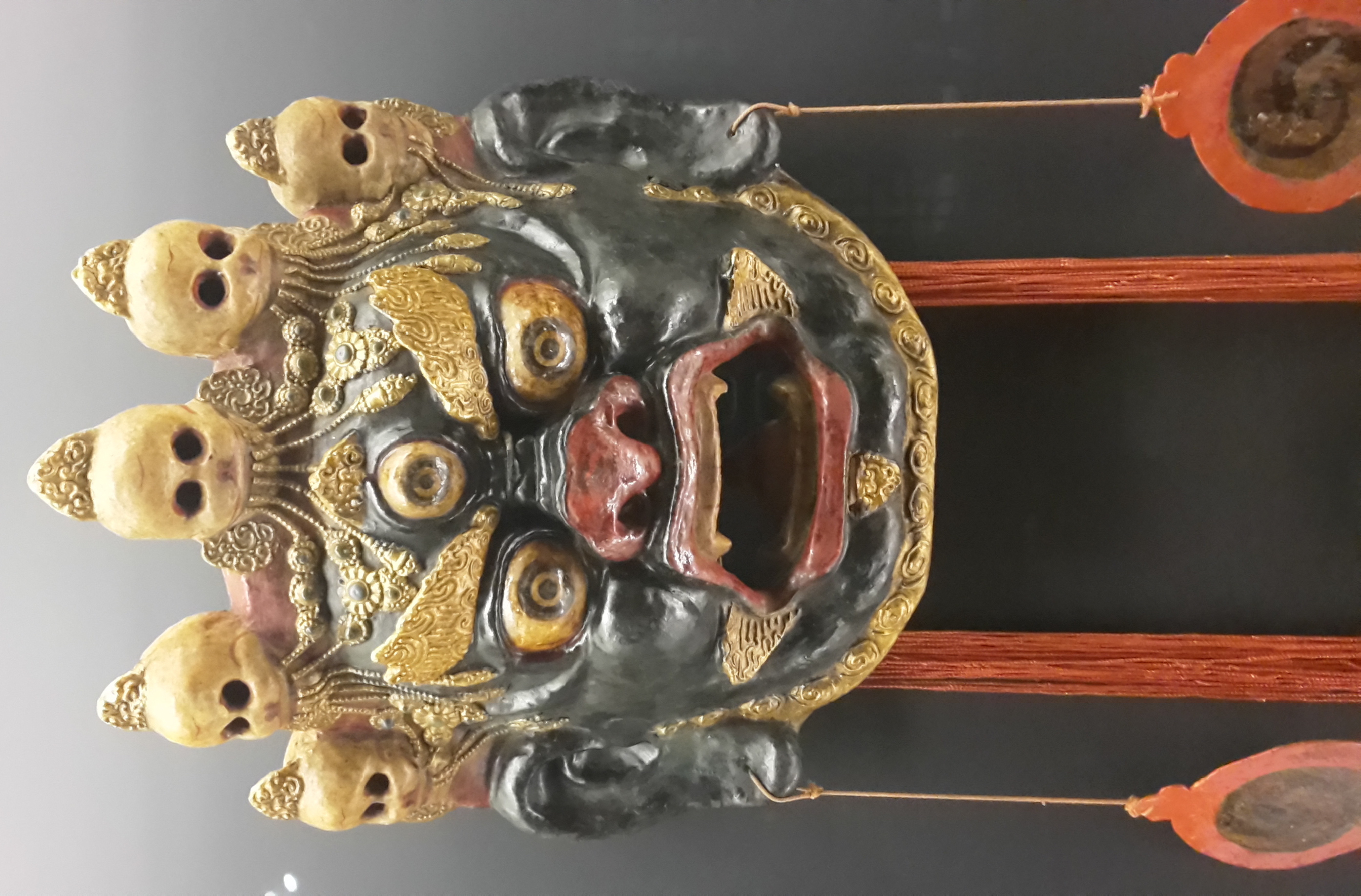|
Sri Lankan Portuguese Creole
Sri Lanka Indo-Portuguese, Ceylonese Portuguese Creole or Sri Lankan Portuguese Creole (SLPC) is a language spoken in Sri Lanka. While the predominant languages of the island are Sinhala and Tamil, the interaction of the Portuguese and the Sri Lankans led to the evolution of a new language, Sri Lanka Portuguese Creole (SLPC), which flourished as a ''lingua franca'' on the island for over 350 years (16th to mid-19th centuries). SLPC continues to be spoken by an unknown number of Sri Lankans, estimated to be extremely small.Smith, IR. Sri Lanka Portuguese Creole Phonology. 1978. Dravidian Linguistics Association. All speakers of SLPC are members of the Burgher community, who are descendants of the Portuguese and Dutch who founded families in Sri Lanka. Europeans, Eurasians and Burghers account for 0.2% of the Sri Lankan population. Though only a small group of people actually continue to speak SLPC, Portuguese cultural traditions are still in wide practice by many Sri Lankans w ... [...More Info...] [...Related Items...] OR: [Wikipedia] [Google] [Baidu] |
Sri Lanka
Sri Lanka (, ; si, ශ්රී ලංකා, Śrī Laṅkā, translit-std=ISO (); ta, இலங்கை, Ilaṅkai, translit-std=ISO ()), formerly known as Ceylon and officially the Democratic Socialist Republic of Sri Lanka, is an island country in South Asia. It lies in the Indian Ocean, southwest of the Bay of Bengal, and southeast of the Arabian Sea; it is separated from the Indian subcontinent by the Gulf of Mannar and the Palk Strait. Sri Lanka shares a maritime border with India and Maldives. Sri Jayawardenepura Kotte is its legislative capital, and Colombo is its largest city and financial centre. Sri Lanka has a population of around 22 million (2020) and is a multinational state, home to diverse cultures, languages, and ethnicities. The Sinhalese are the majority of the nation's population. The Tamils, who are a large minority group, have also played an influential role in the island's history. Other long established groups include the Moors, the Burghers ... [...More Info...] [...Related Items...] OR: [Wikipedia] [Google] [Baidu] |
Dharmapala
A ''dharmapāla'' (, , ja, 達磨波羅, 護法善神, 護法神, 諸天善神, 諸天鬼神, 諸天善神諸大眷屬) is a type of wrathful god in Buddhism. The name means "''dharma'' protector" in Sanskrit, and the ''dharmapālas'' are also known as the Defenders of the Justice (Dharma), or the Guardians of the Law. There are two kinds of ''dharmapala'', Worldly Guardians (''lokapala'') and Wisdom Protectors (''jnanapala''). Only Wisdom Protectors are enlightened beings. Description A protector of Buddhist dharma is called a ''dharmapala''. They are typically wrathful deities, depicted with terrifying iconography in the Mahayana and tantric traditions of Buddhism. The wrathfulness is intended to depict their willingness to defend and guard Buddhist followers from dangers and enemies. The '' Aṣṭagatyaḥ'' (the eight kinds of nonhuman beings) is one category of ''dharmapālas'', which includes the Garuda, Deva, Naga, Yaksha, Gandharva, Asura, Kinnara and Mahoraga. In ... [...More Info...] [...Related Items...] OR: [Wikipedia] [Google] [Baidu] |
Sri Lanka Kaffirs
The Sri Lankan Kaffirs (cafrinhas in Portuguese, කාපිරි ''kāpiriyō'' in Sinhala, and காப்பிலி ''kāpili'' in Tamil) are an ethnic group in Sri Lanka who are partially descended from 16th-century Portuguese traders and Bantu slaves who were brought by them to work as labourers and soldiers to fight against the Sinhala Kings. They are very similar to the Zanj-descended populations in Iraq and Kuwait, and are known in Pakistan as Sheedis and in India as Siddis. The Kaffirs spoke a distinctive creole based on Portuguese, and the "Sri Lankan Kaffir language" (now extinct). Their cultural heritage includes the dance styles Kaffringna and Manja and their popular form of dance music Baila. Etymology The word '' Kaffir'' is an obsolete English term once used to designate natives from the African Great Lakes and Southern Africa coasts. In South Africa, it became a slur. "Kaffir" derives in turn from the Arabic ''kafir'', "unbeliever". History Kaffirs ha ... [...More Info...] [...Related Items...] OR: [Wikipedia] [Google] [Baidu] |
Pidgin
A pidgin , or pidgin language, is a grammatically simplified means of communication that develops between two or more groups of people that do not have a language in common: typically, its vocabulary and grammar are limited and often drawn from several languages. It is most commonly employed in situations such as trade, or where both groups speak languages different from the language of the country in which they reside (but where there is no common language between the groups). Linguists do not typically consider pidgins as full or complete languages. Fundamentally, a pidgin is a simplified means of linguistic communication, as it is constructed impromptu, or by convention, between individuals or groups of people. A pidgin is not the native language of any speech community, but is instead learned as a second language. A pidgin may be built from words, sounds, or body language from a multitude of languages as well as onomatopoeia. As the lexicon of any pidgin will be limited to c ... [...More Info...] [...Related Items...] OR: [Wikipedia] [Google] [Baidu] |
Calvinist
Calvinism (also called the Reformed Tradition, Reformed Protestantism, Reformed Christianity, or simply Reformed) is a major branch of Protestantism that follows the theological tradition and forms of Christian practice set down by John Calvin and other Reformation-era theologians. It emphasizes the sovereignty of God and the authority of the Bible. Calvinists broke from the Roman Catholic Church in the 16th century. Calvinists differ from Lutherans (another major branch of the Reformation) on the spiritual real presence of Christ in the Lord's Supper, theories of worship, the purpose and meaning of baptism, and the use of God's law for believers, among other points. The label ''Calvinism'' can be misleading, because the religious tradition it denotes has always been diverse, with a wide range of influences rather than a single founder; however, almost all of them drew heavily from the writings of Augustine of Hippo twelve hundred years prior to the Reformation. The ... [...More Info...] [...Related Items...] OR: [Wikipedia] [Google] [Baidu] |

